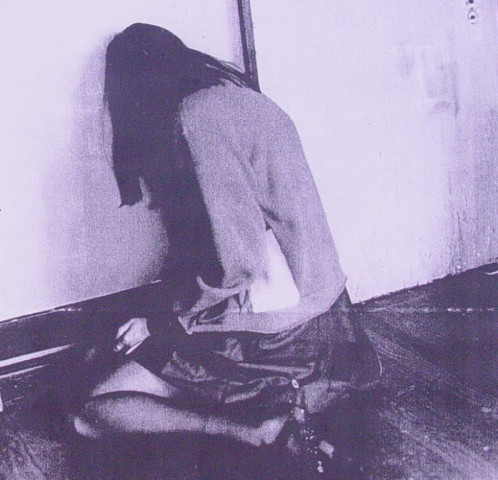Of rights and recognition: Highs and lows for home-based workers come in wrong order
With no legislation in place, draft national policy for HBWs awaits recommendations from the provincial governments.

Highs and lows for home-based workers come in wrong order. PHOTO: FILE
Low incomes and highly-hazardous working conditions are the fate of the home-based workers. Does this not sum it up?
Working against extremely low remuneration under exceedingly unhealthy and hazardous conditions, a rising number of young girls aged between six and 14 years are assisting their mothers as home-based workers (HBWs) in Pakistan.
With no legislation in place, the draft national policy for HBWs awaits recommendations from the provincial governments.
In a consultative session organised by the Ministry of Law, Justice and Human Rights and Strengthening Participatory Organisation (SPO) here on Thursday, a number of stakeholders raised their concerns over the policy.

The policy drafted to protect and promote the rights and benefits of the workers, particularly women, was written with the intention to guide and support the provincial and local governments.
It was presented before the stakeholders for recommendations to further strengthen the document. “It has been watered down and diluted,” said rights activist Tahira Abdullah. “The original was strongly drafted and owned by the UN agencies as well as ministries.”
According to Farzand Ali Mayer of the Khyber-Pakhtunkhwa Directorate of Labor, the draft policy was a guideline and a driving force for the determination of the status of HBWs. The current draft tends to limit the scope of these workers to women only.
Participants stressed on the need to institute a clear mechanism for the registration of these workers.
National Commission on the Status of Women (NCSW) Chairperson Khawar Mumtaz said we need to identify issues that are realistically addressable.
According to the Punjab labor department, in 2011 there were about 8.52 million unregistered HBWs. These invisible workers are exploited by their employers and contractors and are deprived of their basic rights.
According to the Labor Force Survey 2008-2009, some 29.6 per cent of HBWs were men, whereas the other 71.4 per cent were women. Moreover, 67.2 per cent of them were based in rural areas, against the 38.2 per cent in urban areas.
Abdullah said the government must look into the possibilities of ratifying the International Labour Organisation (ILO) Home Work Convention, along with the ILO Employment Relationship Recommendation.
Published in The Express Tribune, January 10th, 2014.


















COMMENTS
Comments are moderated and generally will be posted if they are on-topic and not abusive.
For more information, please see our Comments FAQ